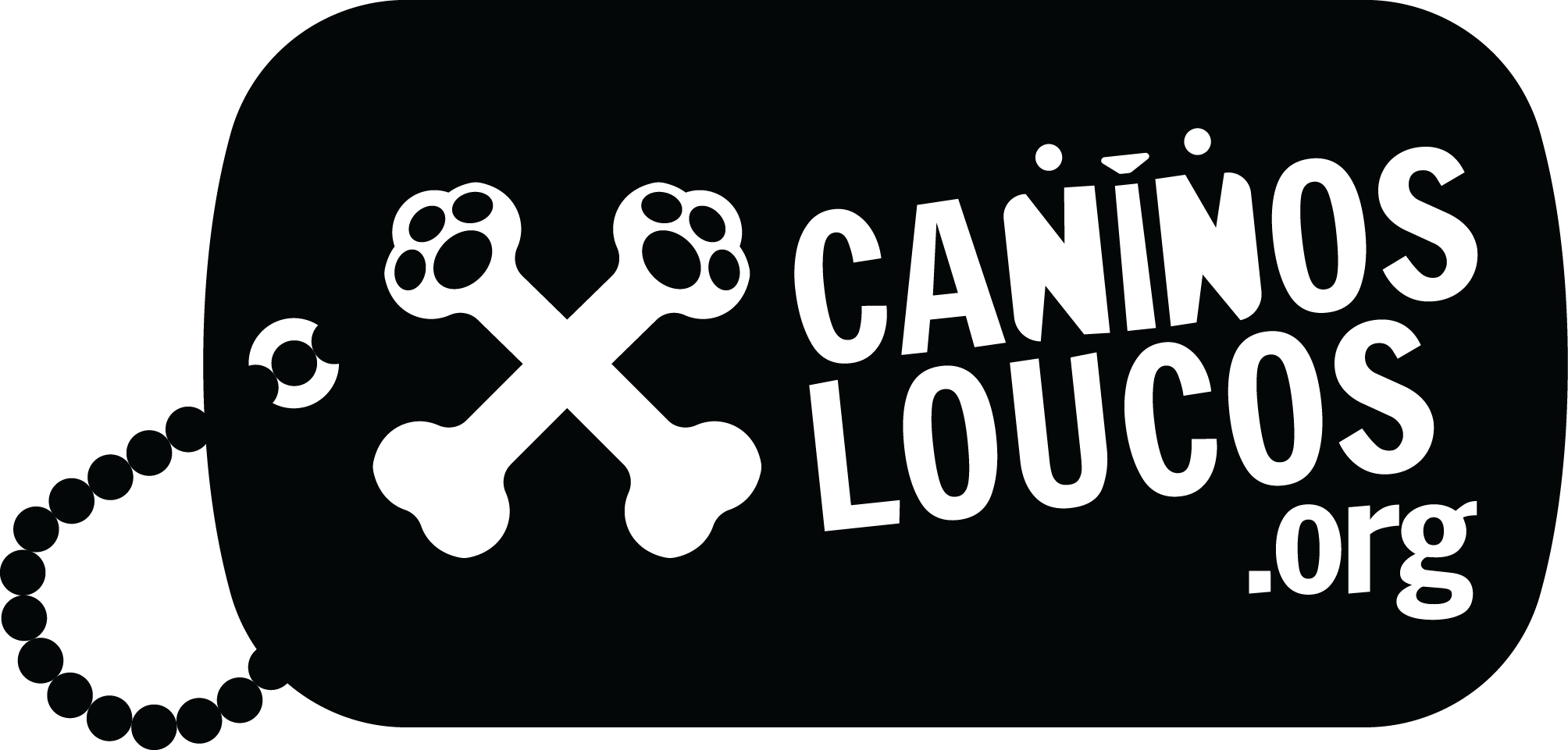Program
The Caninos Loucos Program develops open Single Board Computers (SBCs) for Internet of Things (IoT). The Program wants to form a community of developers for the use of IoT technology in the industrial environment and to disseminate electronic learning embedded in Brazil. It is an initiative of the Technological Integrated Systems Laboratory (LSI-TEC) with the support of the Polytechnic School of the University of São Paulo (Poli-USP) and Jon “Maddog” Hall, Director of the Board of the Linux Professional Institute.
Openness Policy Guidelines for Caninos Loucos
In general Caninos Loucos follows a directed development model, working with a core team of developers. However we recognize that to meet the total Caninos Loucos Program goals for spreading information we need to create a policy of openness.
These policies should also recognize that there are different openness needs for different users of Caninos Loucos technologies and there are different levels of openness desirable for the different parts of the system overall.
As an example we recognize the general classifications of “Education” and “Commercial” may be broken down even further into “K-12 Education”, “University Education”, “University Computer Engineering Education”, “Makers” and perhaps still others while “Commercial” may have some companies that are happy to share their improvements with others and other companies that do not want to do this.
To handle all of these different markets Caninos Loucos will be following a “Multi licensing” model, with a general license for each major component but with the opportunity for the licensee to negotiate a different license to fit their needs.
Other pieces of the technologies, such as operating system level software, will follow the licensing practices of the operating system software itself. For example kernel changes and device driver kernel needs will be uploaded to Linux (and other kernels, such as BSD) following the licensing strategies of those “Open Source” kernels.
Currently the Caninos Loucos Program has designed a family of boards. Each board may have different levels of disclosure, but the intent is that at least all the information needed for software support of the boards will be disclosed.
Caninos Loucos Program encourages the development of expansion/customized boards by providing full documentation of particular sample boards. With these sample boards, developers will be able to see exactly how to build, design or customize an expansion board. Permission to manufacture or sub-license these boards will be negotiable.
Caninos Loucos will provide engineering resources, at fee and under license, to third parties that wish to design their own expansion boards. Under these contracts the license will be determined by an agreement with the third party.
In addition to this, only boards that have been produced by Caninos Loucos or are under separate license by Caninos Loucos will be able to use the name or trademarks of Caninos Loucos. Any use of the Caninos Loucos name or trademark, or any statement of compatibility with Caninos Loucos without prior permission and licensing is not allowed. This is to protect the compatibility and quality of the program.
Caninos Education is a program that aims to contribute to the education of young people by forming a community of developers and educators in the areas of IoT technology, who are capable of promoting the use of these boards in the context of Brazilian education. The scientific coordination of the program is led by Professor Roseli de Deus Lopes.



 Português
Português